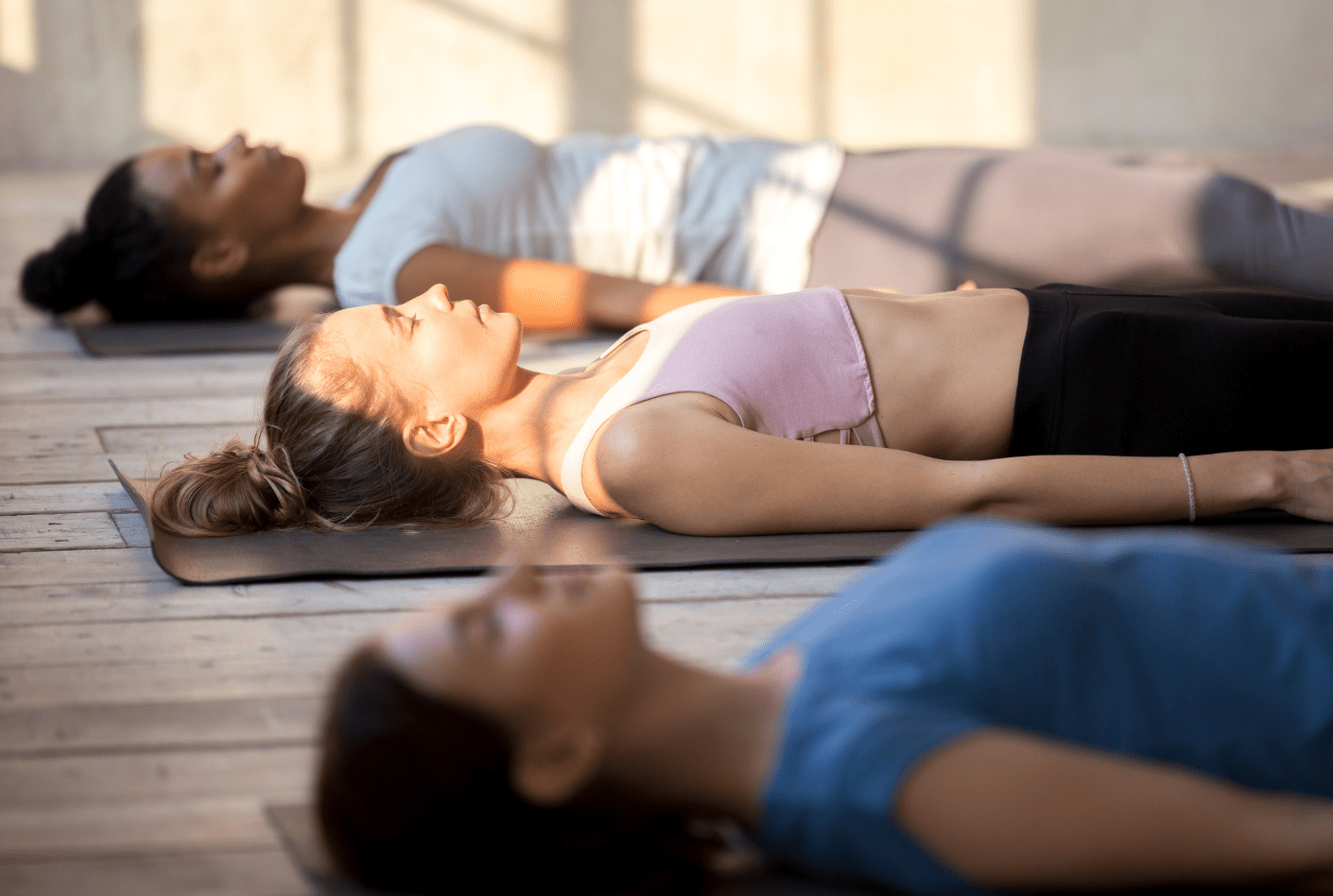Navigating Work-Life Balance: Tips for Success
Navigating work-life balance is crucial for well-being in a fast-paced world. This article discusses tips for achieving harmony between career and personal life, setting priorities, establishing boundaries, managing stress, and practicing self-care. Find strategies to prevent burnout, practice mindfulness, set realistic goals, maintain a healthy work environment, and integrate work and personal life effectively.










